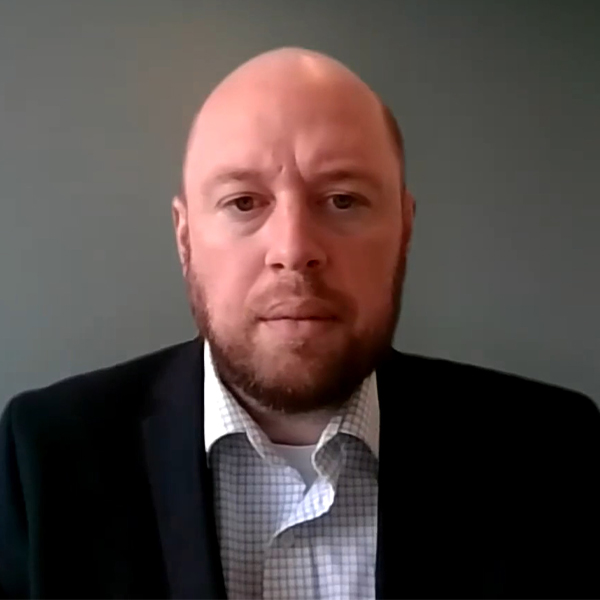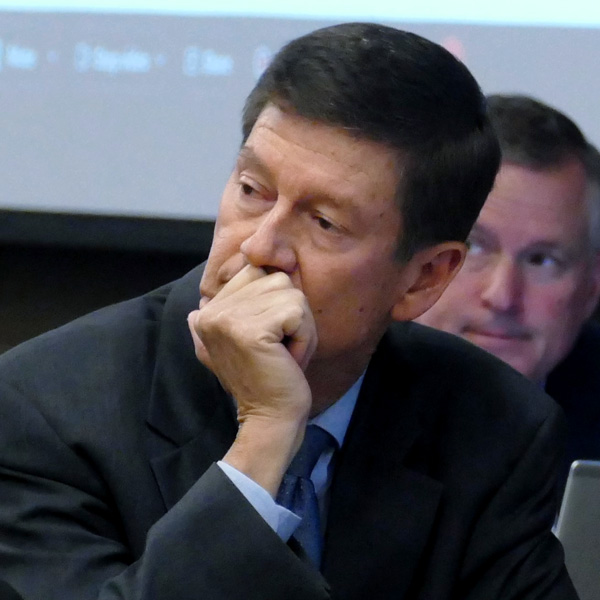FOLSOM, Calif. — CAISO stakeholders last week questioned if the ISO’s resource adequacy fleet is sufficient to meet its needs.
At a Nov. 1 meeting of CAISO’s Resource Adequacy Modeling and Programming Design Working Group, Stephen Keehn, a senior adviser at Southern California Edison, said a change in the fleet requires a change in the way RA sufficiency is analyzed, and participants spent the bulk of the meeting dealing with how to adjust the framework.
Participants highlighted what they felt was a lack of visibility of non-RA resources, those resources that aren’t committed to serve an RA obligation of a load-serving entity within CAISO. Without transparency on what non-RA resources exist, what they’re being used for or whether they are under contract, market participants lack information on available capacity, therefore calling into question the efficiency of the RA program as a whole.
CAISO and its stakeholders are still in the early stages of grappling with how to redesign the RA program to account for changing conditions on the grid. The changes include a looming shortage of resources, increasing variability in energy supply and demand, and the evolving nature of resource planning frameworks in California and across the West.
The ISO is also contending with the rapid growth of energy-limited resources — such as batteries — on its grid, as well as the emergence in California of community choice aggregators (CCAs) as major LSEs, whose expansion has fragmented the landscape from a reliability perspective.
Representatives from CalCCA, Pacific Gas and Electric, Northern California Power Agency and the California Public Utilities Commission’s Public Advocates Office called for increased visibility into non-RA.
Lauren Carr, senior market policy analyst with CalCCA, said that while CAISO has visibility into all the resources in its footprint, it’s unclear what a resource is being used for if it’s not included in an RA showing.
“We don’t know, when we look at that list of non-RA resources, if it’s just that they’re not in a showing but could be dedicated to CAISO … or if they’re under contract or dedicated for some other use like substitution,” Carr said. “We think increased visibility into where supply that’s not on an RA showing is dedicated to would be useful.”
CAISO publishes monthly non-RA showings, though, leaving some confused about the lack of visibility.
“The ISO should have visibility into every resource within its operational footprint,” said Brian Theaker, vice president of Western regulatory and market affairs with Middle River Power. If a resource isn’t included in a showing, he explained, it’s likely because of substitution or holding back capacity for planned outages, which is a problem of its own.
Larger Structural Issues
In line with Theaker’s thinking, Chris Devon, director of energy market policy with Terra-Gen, suggested that the lack of visibility into non-RA resources is representative of broader structural issues such as modeling and planned outages that, if addressed, would eliminate the larger problem.
“I think that this issue of needing to increase visibility of non-RA is a symptom of the California RA overall,” said Devon.
Stakeholders also suggested addressing the default planning reserve margin before discussing visibility of non-RA. Sibyl Geiselman, market policy adviser with Public Generating Pool, questioned whether the PRM was high enough to both ensure reliability and meet a one-in-10 loss-of-load expectation, adding that an increased PRM could decrease the need for backstop procurement of non-RA resources.
“If you fix the upstream issue of making sure that the program is truly providing an adequate fleet,” said Geiselman, “then some of these downstream issues become hopefully less critical and less challenging because you have enough resources.”
While stakeholders went further into the weeds discussing the plausibility of multiyear contracts for RA resources, counting rules and backstop procurement, they consistently returned to the theme of needing to address CAISO’s entire RA modeling structure.



